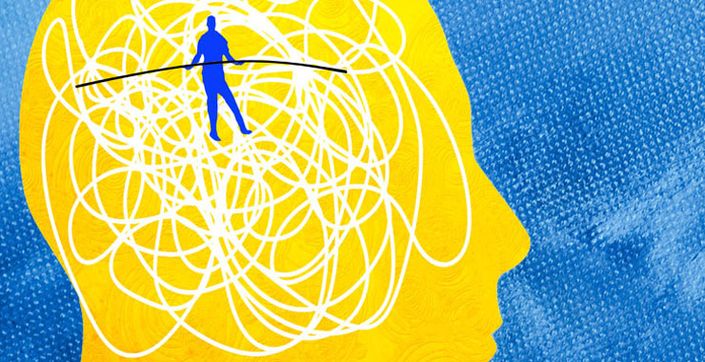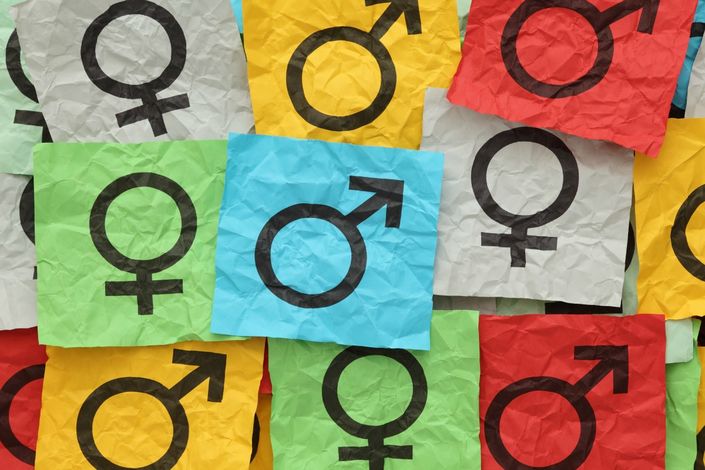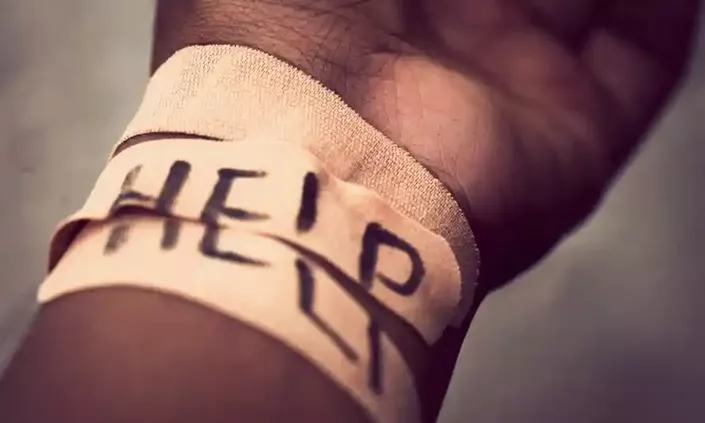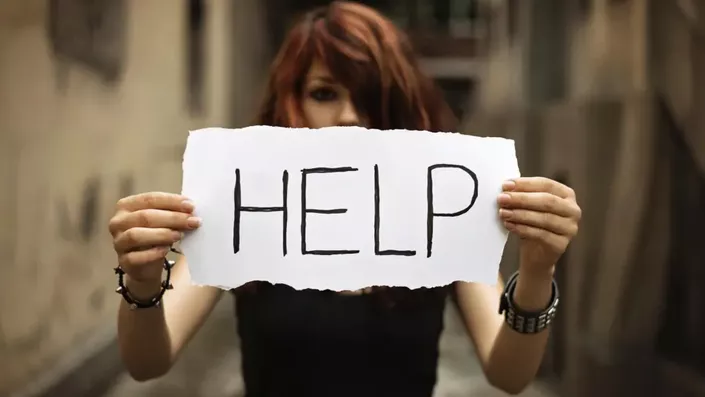
Youth at Risk Course overview
This course focuses on the social attributes and surrounding conditions associated with at-risk youth in the criminal justice system.
Curriculum
Youth Records
As a general rule, the Youth Criminal Justice Act (YCJA) protects the privacy of young persons who are accused or found guilty of a crime by keeping their identity and other personal information confidential. The protection of privacy is achieved by prohibiting the publication of information that would identify a young person’s involvement in the criminal justice system and by restricting access to their youth records.
What Is a Youth Record?
A record is anything that contains information created or kept for the purposes of the YCJA or for investigating an offence that could be prosecuted under the YCJA. For example, the following information may be part of a youth record: name or birth date; details about arrest, charge or sentence; and information provided by family members, neighbours, school authorities and victims.
Access to Youth Records
One of the biggest differences between the youth justice system and the adult justice system is that the privacy of young persons is protected and their personal information is kept confidential. The YCJA restricts access to youth records to certain people. Those who may be allowed to see a youth record include:
- A young person who is accused or found guilty of a crime, along with the young person’s lawyers, parents or guardians, and anyone else authorized by the court;
- Crown prosecutors;
- Judges, courts and review boards;
- Police officers involved in the case;
- Directors of correctional facilities where the youth serves a sentence;
- People involved in a youth justice conference;
- The victim; and
- Someone carrying out a criminal record check for a government job (municipal, provincial or federal).









